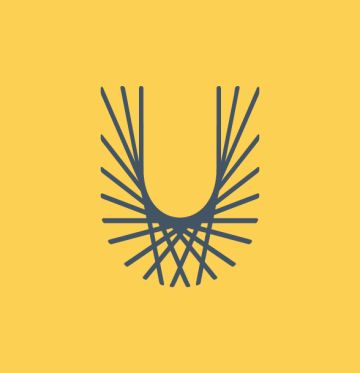
What is the BSc in Computing?
The BSc in Computing is a 3 year, part-time computing course, delivered in person over two nights and Saturday mornings. It is designed to accommodate people who wish to learn the fundamentals of computer science and technology in a classroom environment. It covers areas such as programming, software engineering, computer networks, databases, website design and development and much more. Students will learn how to design, develop, and maintain computer systems, as well as how to use them to solve real-world problems. The course also covers topics such as security, privacy, and some professional skills, which are essential for any computer user. With this computing course, students will gain the skills and knowledge necessary to become successful in gaining employment in the computer industry.
Who is this Course for?
The intended audience for the programme are people who are interested in computing, someone who may want to upskill, for someone who wants to change career or for someone who would like to get back in to the workplace. It is also aimed at employers who would like to upskill their workforce. It is suitable for students of all levels.
What are the Course Aims?
This part-time computing course allows students to gain the skills and knowledge necessary to become successful in the field of computer science and technology. It can help them understand the fundamentals of computer systems and how to use them to solve world problems. It can also help students develop the skills needed to design, develop, and maintain computer systems, as well as knowledge of security and privacy that are essential for any computer user.
Why is the BSc in Computing important?
Computing is important because it enables us to solve complex problems, store and analyse large amounts of data. It is also essential for communication, entertainment, and research. Computing has revolutionised the way we live, work, communicate and play, and it will continue to shape our lives in the future.
What are the subject areas?
The subject areas include programming, databases, maths, web technologies, networks, cloud, security and professional development modules.
What are the Unique Features of the BSc in Computing?
Uniquely this part-time course allows the student to attain a BSc in Computing in 3 years, other part-time programmes take more time. Other unique features include that it is a broad programme that offers students a wide range of insights in to the computing world. It is also a part-time face to face computing course which will help students gain the skills and knowledge necessary to become successful in the computing field. The face to face method of delivery allows students to interact with each other and their lecturers in a more direct and personal way, this can foster a sense of community and support, as students can meet like-minded people who are also pursuing similar academic goals, as well as provide opportunities for students to ask questions and receive immediate feedback from their lecturers.
This is one of the South East Technological University’s (SETUs) flexible learning courses allowing you to do 2 or 3 modules per semester, however, this option would take longer to complete.
Delivery
Fully on campus
Monday & Wednesday, 6.00pm – 10.00pm and Saturday, 10.00am-1.00pm
Year 1
| Semester 1 | Semester 2 |
|---|---|
| Computer Systems 1 | Systems Analysis, Design & Testing |
| Mathematics Fundamentals | Computer Systems 2 |
| Programming Concepts | Creative Problem Solving |
| Communications Skills | Programming Fundamentals 1 |
| Website Development | Statistical Analysis |
Year 1
| Semester 1 | Semester 2 |
|---|---|
M is a mandatory subject - E is an elective subject
Year 2
| Semester 3 | Semester 4 |
|---|---|
| Introduction to Software Engineering, | Network Theory Fundamentals |
| Web Design and Development | Intro to Cloud Computing |
| Programming Fundamentals 2 | Website Development 2 |
| Database Fundamentals, | Data Structures & Algorithms 1 |
| Computer Networks | Database Systems |
Year 2
| Semester 3 | Semester 4 |
|---|---|
M is a mandatory subject - E is an elective subject
Year 3
| Semester 5 | Semester 6 |
|---|---|
| Digital Graphic Design | Application Security |
| Introduction to Computer Security | Automated Cloud Services |
| Networks Infrastructure | Mobile App Development 1 |
| Professional Practice | NoSQL Databases |
| Project Management | Web Programming |
Year 3
| Semester 5 | Semester 6 |
|---|---|
M is a mandatory subject - E is an elective subject
Year 4
| Semester 7 | Semester 8 |
|---|---|
M is a mandatory subject - E is an elective subject
Leaving Certificate or equivalent; or mature student
Graduates are equipped with practical skills, knowledge and experience in a range of tools, techniques and technologies used by industry enabling employment in a variety of ICT areas or graduate can pursue further educational opportunities.
Completion of a level 8 programme will also enable students to undertake taught Masters programmes or Masters degrees by research at SETU or other third-level colleges
Computing Work Placement
In year 3 students will also complete their Work Placement requirement where theoretical learning is deepened and contextualised through application to real world situations. The Placement phase consist of the mandatory Placement (Learning Portfolio) modules plus ONE of the following options:
- Placement (Industrial Placement)
- Placement (Professional Certification)
- Placement (Study Abroad)
- Placement (Voluntary Organisation Project)
Course Leaders







